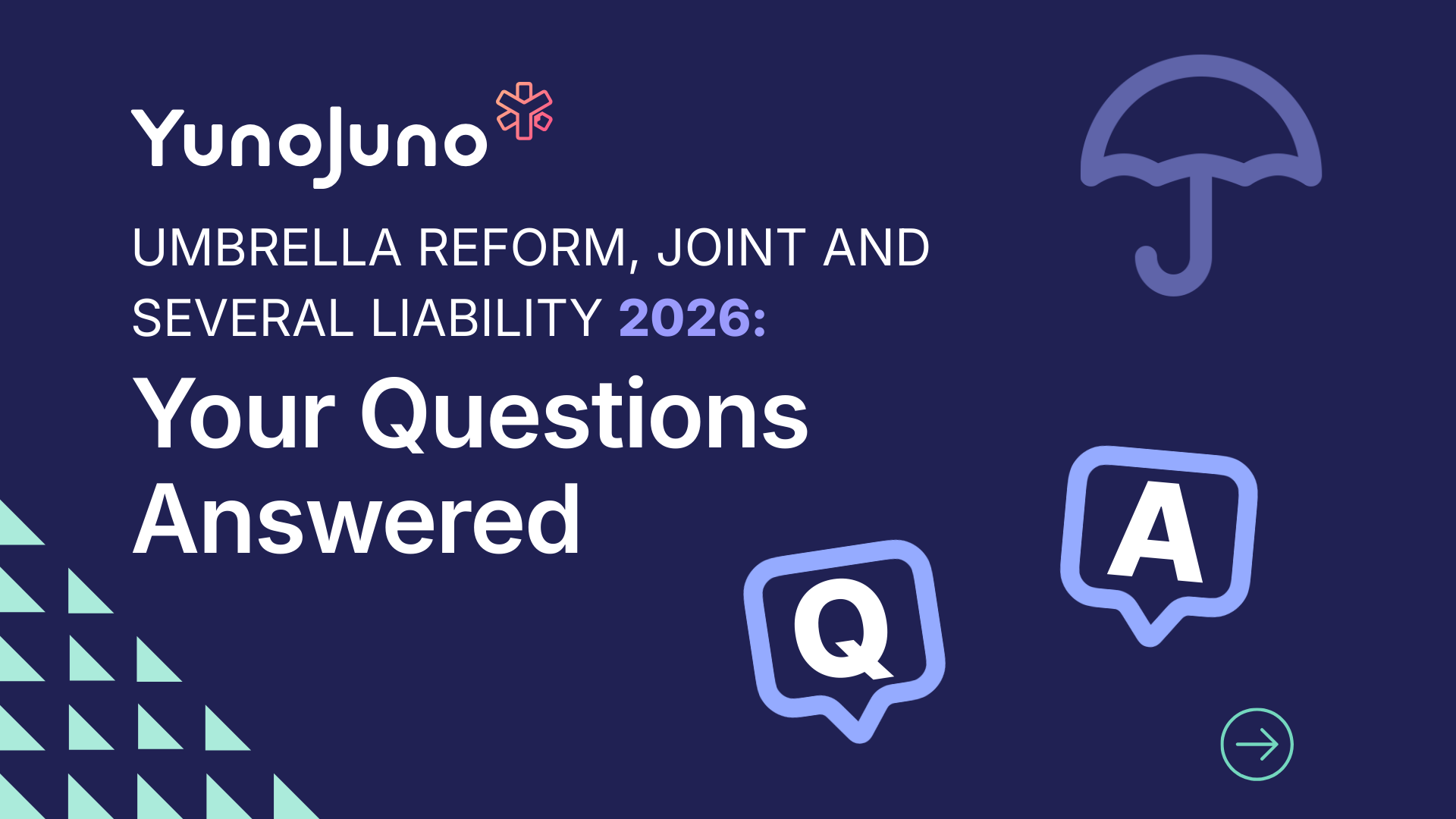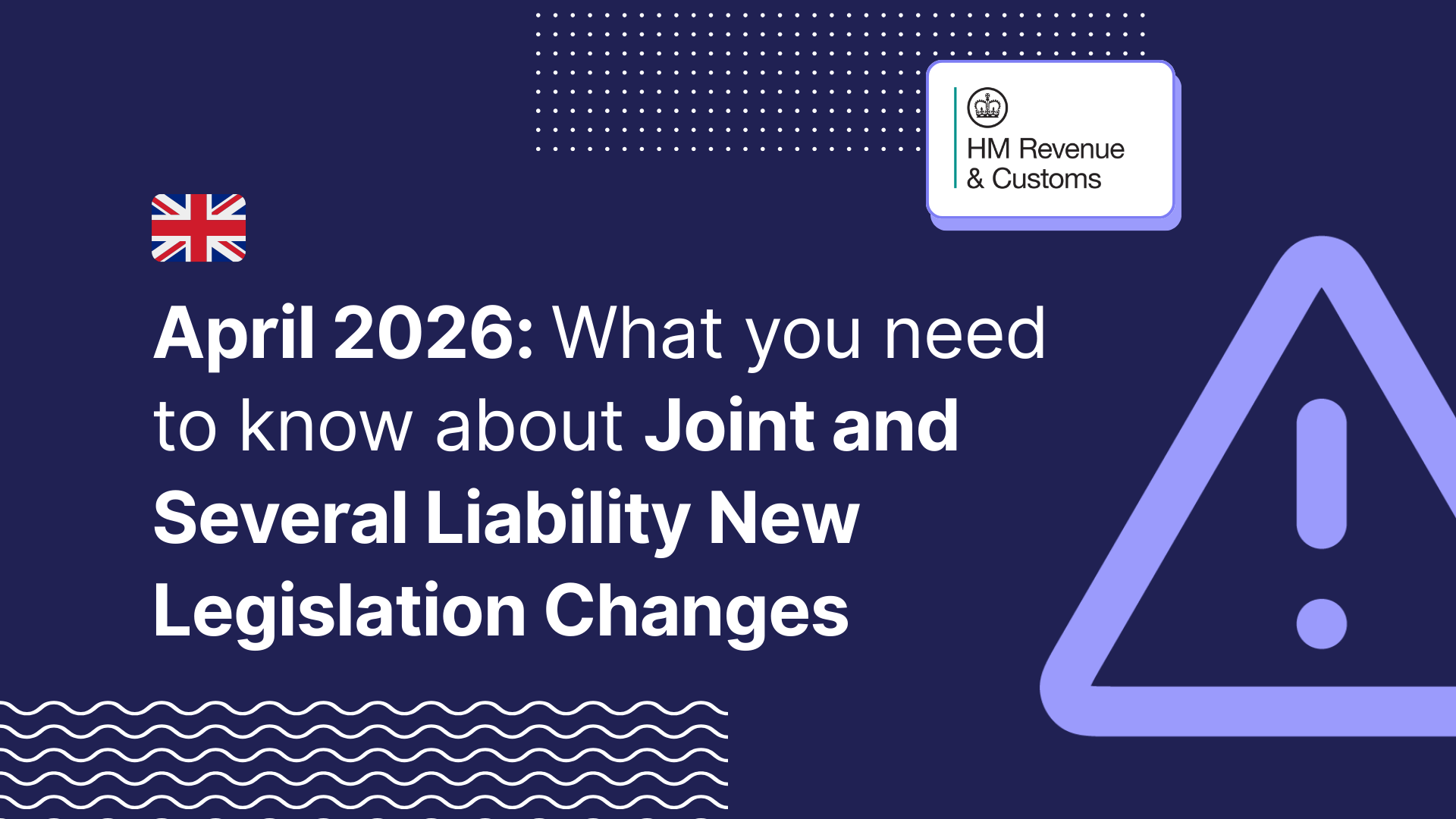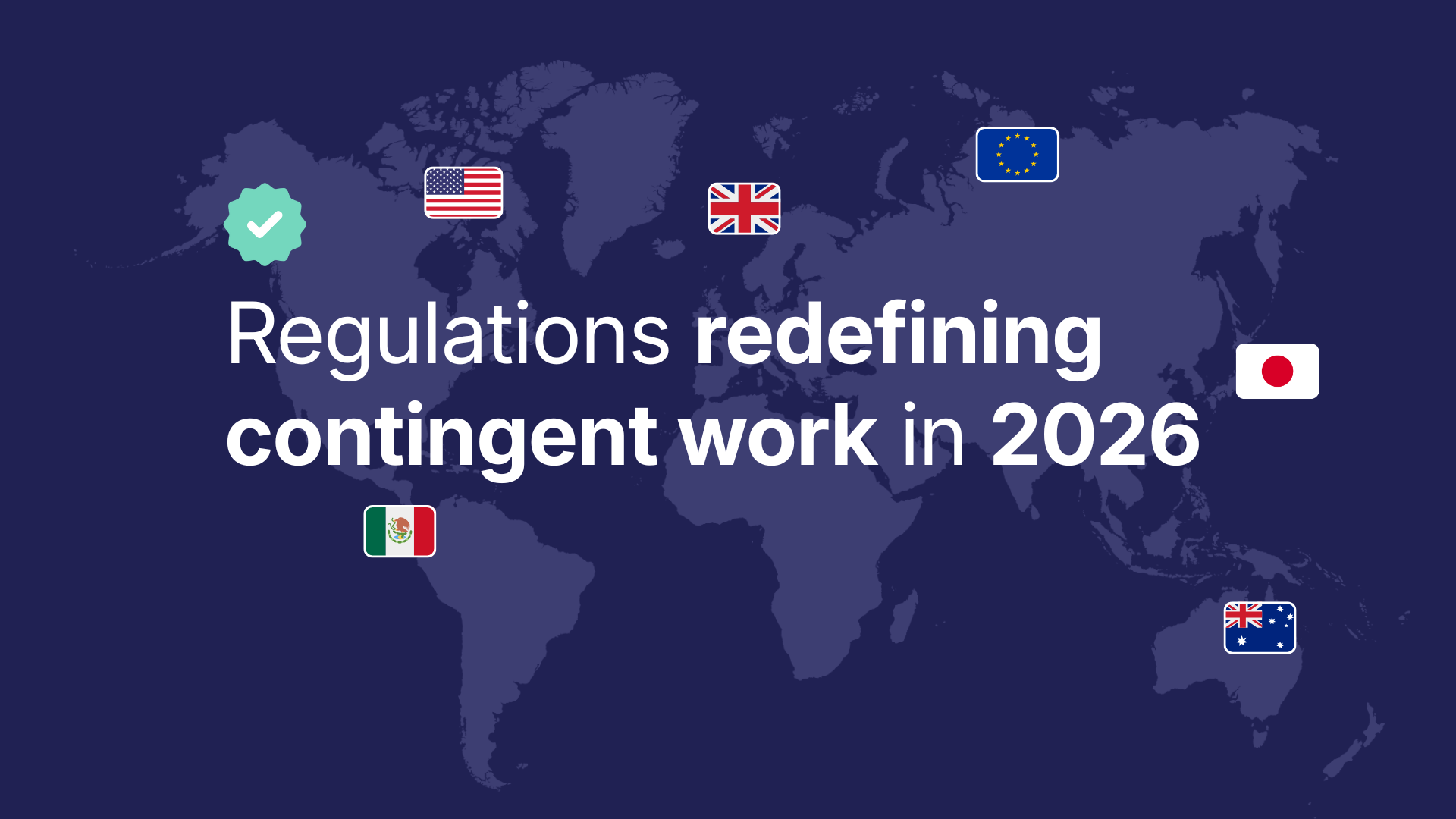The Autumn Budget introduced several changes that contractors, freelancers, and the businesses that hire them should know. Notable updates include a rise in National Insurance Contributions (NICs) for employers and new PAYE rules impacting umbrella companies.
1. Higher National Insurance: Rising costs of full-time employment
The 2024 budget has introduced an increase in National Insurance (NI) for employers, while employee rates and thresholds remain unchanged:
- Employer NI: The rate will rise from 13.8% to 15% beginning in April 2025.
- Secondary Threshold: This threshold, where employers start paying NI on salaries, will decrease from £9,100 to £5,000 per year, with adjustments set for 2028 based on the Consumer Price Index.
- Employment Allowance: The allowance will increase from £5,000 to £10,500 annually, removing the previous £100,000 eligibility limit.
According to the Office of Budget Responsibility, the increase in NI may impact firms' hiring plans as some of the additional cost could be offset through adjustments in wage increases, potentially encouraging businesses to explore flexible hiring options, such as Statement of Work (SOW) hiring, for cost-efficiency.
2. IR35’s unchanged burden on flexibility
The 2024 budget maintains the current IR35 regulations, without introducing any reforms. These regulations continue to shape contractor engagement practices, as some businesses implement broad policies limiting contractor use to ensure compliance. This approach may impact freelancers' access to project opportunities, while companies manage evolving needs within the current compliance framework.
3. Transparent hiring amid an umbrella company crackdown
In a significant shift, the government plans to reform PAYE responsibilities within umbrella companies to address tax non-compliance, effective from April 2026. PAYE responsibility will move from the umbrella company employing a worker to the recruitment agency supplying them to the end client. Where no agency is involved, the end client will handle PAYE obligations. This change aims to protect workers from unexpected tax bills and improve tax compliance, preserving £2.8 billion for the economy. Compliant umbrella companies remain encouraged, but the move will require agencies and clients to enforce stricter oversight on payroll processes.
These updates underscore the challenges and opportunities in the UK’s shifting employment landscape. As compliance needs grow, companies will need reliable ways to integrate freelance talent efficiently. The importance of working with platforms that prioritise compliance, like ours, is greater than ever to ensure the right skills are added safely and swiftly to meet project needs.
"This year's UK Autumn Budget, particularly in its impact on umbrella companies, underscores the growing importance of modern workforce management platforms like YunoJuno. These platforms empower businesses to engage seamlessly and compliantly with top talent, ensuring transparency for all parties involved. Freelancers and contractors are now more vital than ever, fueling the UK's innovation and resilience."
Runar Reistrup, CEO, YunoJuno




.png)


